FAQ: UVic Responsible investment policy
Array
Array
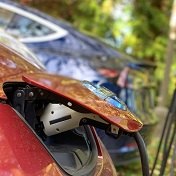
BC needs huge power supply boost to electrify transport industry

If all vehicles in British Columbia by 2055 were powered by electricity instead of liquid fuels, BC would need to more than double its electricity generation capacity to meet the total forecast energy demand—and the move could prove surprisingly cost-effective thanks to solar and wind options.
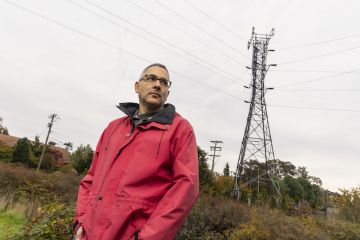
UVic chemist Dennis Hore and his research team are investigating materials they hope will make up the next generation insulators for the electrical power grid.
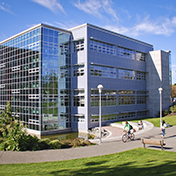
UVic has been rated as one of North America’s most sustainable universities, according to the Association for the Advancement of Sustainability in Higher Education.
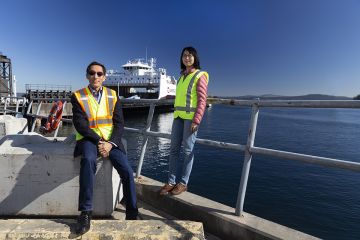
Mechanical engineer Zuomin Dong and UVic’s Clean Transportation Research Team are working to cut down on the environmental impacts of marine vessels in our oceans.

Canada's sea levels are rising

University of Victoria faculty members are available to media to discuss Canada’s Changing Climate Report released April 2 by Environment and Climate Change Canada.

How much land will a carbon-free electricity system require? Early in his research career, Kevin Palmer-Wilson discovered that renewable energy sources such as wind and solar could play a major role in a future carbon-free electricity system&#…
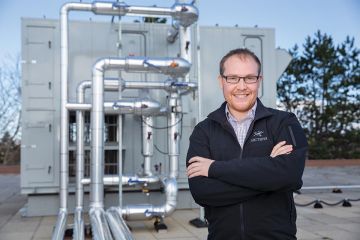
A Q&A interview with David Adams, Energy Manager in Facilities Management, is the first in a new series of articles exploring how staff and faculty across campus are implementing the university’s Strategic Framework.
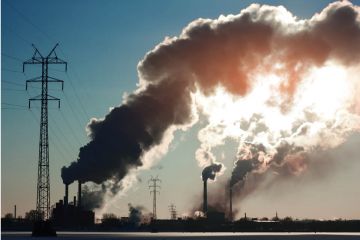
The University of Victoria has two experts available to speak to media about the report being released Monday in Korea by the Intergovernmental Panel on Climate Change: Kirsten Zickfeld (lead author) and Felix Pretis.

One of Canada's largest pension fund's continued and increasing investment in fossil fuels does not support the widely held goal of limiting global warming to 2 degrees Celsius above pre-industrial levels, says a new report by University of Victoria and University of British Columbia researchers affiliated with the Corporate Mapping Project, a six-year research and public engagement initiative.
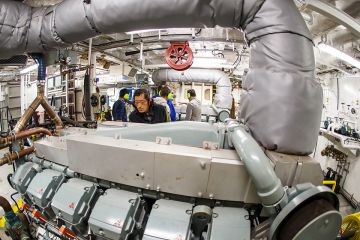
Zuomin Dong and his research team have studied and built advanced hybrid vehicles for a decade, winning dozens of awards. The team is now working on hybrid electric propulsion systems for ships, heavy-duty mining trucks and trains.
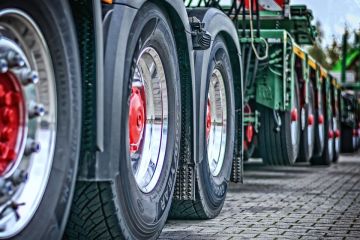
British Columbia will need much more clean electricity and a wholesale change in commercial trucks operating in the province to meet its 2050 greenhouse gas emissions target while supporting economic growth, say researchers with the University of Victoria-based Pacific Institute for Climate Solutions.
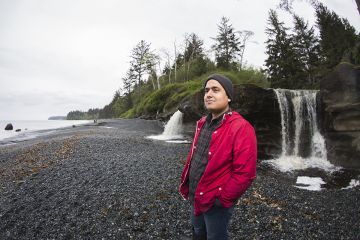
Entrepreneur and mechanical engineer Devesh Bharadwaj was still a UVic undergrad when he founded Pani Energy Inc. in March 2017 with a vision of providing clean water and energy to the world through affordable technologies that reduce emissions and costs.
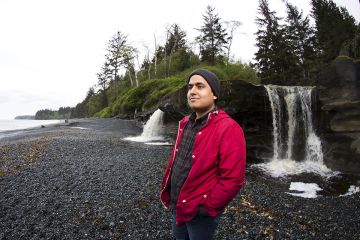
Separate salt and water, and they long to come back together. That special chemistry could provide an innovative solution to the dilemma of storing and extracting surplus energy generated by intermittent energy sources such as solar, wind and wave power, says the founder of UVic-supported company Pani Energy.